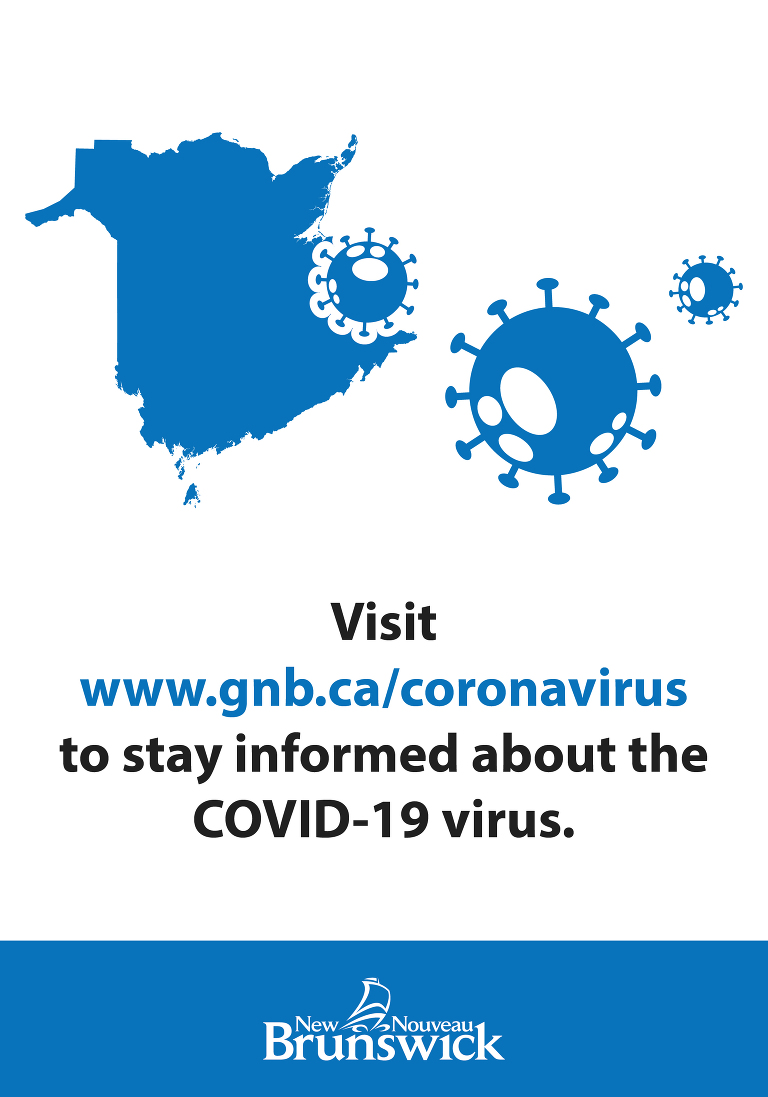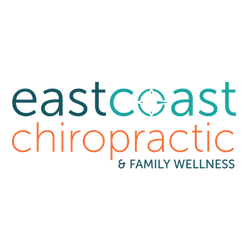.png)
This post is presented by Capital Dental Clinic
First of all, Congratulations…you are pregnant! You will have so much to think about in the next few months and soon your life will change forever. Pregnancy is a unique time in a woman’s life and is characterized by complex physiological changes and these changes can have an influence on your oral health. Here are some tips to help with the entire process.
BEFORE PREGNANCY BEGINS
- First and foremost, we recommend making an appointment with your dentist before getting pregnant. That way your teeth can be professionally cleaned, gum tissue can be carefully examined and any oral health problems can be treated in advance of your pregnancy. This will help avoid issues during pregnancy.
DENTAL CARE WHILE PREGNANT
- It’s important to tell your dentist if you are pregnant. Routine dental care can be done at any time during pregnancy, it’s safe and effective. First trimester diagnosis and treatment includes dental x-rays, which can be undertaken safely to diagnose diseases and processes that need immediate treatment. If treatment is needed, it can be provided throughout pregnancy; however, ‘’the ideal time period is between weeks 14 and 20’’. Elective treatment should be deferred until after delivery. Delays in necessary treatment could result in significant risk to the mother and indirectly to the fetus. Finally, home care is especially important and cavity-causing bacteria can be passed from mother to baby.
- Tell your dentist the names and dosages of all drugs you are taking, including medications and prenatal vitamins prescribed by your doctor – as well as any specific medical advice your doctor has given you. Your dentist may need to alter your dental treatment plan based on this information. For example, if you develop an infection, pregnant women should not be treated with tetracycline as it can stain the fetus’ developing teeth.
- Dental X-rays can be done during pregnancy. Your dentist will use extreme caution to safeguard you and your baby, such as shielding your abdomen and thyroid. The latest technology has made X-rays much safer today than in the past decades.
- We don’t recommend skipping your dental checkup appointment simply because you are pregnant. Now more than ever, regular periodontal (gum) exams are very important. ‘’Pregnancy causes hormonal changes that put you at increased risk for tender gums that bleed easily – a condition called pregnancy gingivitis’’. Dental problems such as tooth decay, erosion, epulis, periodontal infection, loose teeth, and ill-fitting crowns, bridges and dentures may have special significance during pregnancy. Tooth decay is the result of repeated acid attacks on the tooth enamel. Any increase in tooth decay during your pregnancy may be due to changes in diet and oral hygiene.
- Always follow good oral hygiene practices to prevent and reduce oral health problems. We recommend brushing your teeth 3 times daily with a fluoride toothpaste and flossing daily. You should also limit foods containing sugar to primary meals only. Preferably choose water or low-fat milk as a beverage; avoid carbonated beverages during pregnancy; choose fruit rather than juice to meet the recommended daily fruit intake. It’s recommended to avoid sugary snacks. Sweet cravings are common during pregnancy; however, keep in mind that the more frequent you snack, the greater the chance of developing tooth decay. The longer sugars remain in your mouth, the longer the acids have to attack. If this becomes a trend, tooth decay can result.
- It remains vitally important to eat a healthy, balanced diet. Your baby’s first teeth begin to develop about three months into pregnancy. ‘’A Healthy diet includes dairy products (cheeses, yogurt) as they are a good source of essential minerals needed for a baby’s developing teeth, gums and bones’’. It is a myth that calcium is lost from the mother’s teeth during pregnancy. The calcium your baby needs is provided by your diet, not your teeth.
- If you have morning sickness and are vomiting often, stomach acids come in contact with your teeth. Over time, these acids can cause tooth enamel to wear away. TIP: you can use a teaspoon of baking soda in a cup of water as a rinse agent after vomiting to help neutralize the acid. Chew sugarless xylitol-containing gum after eating and use gentle tooth brushing and fluoride toothpaste to prevent damages to demineralized tooth surfaces.
AFTER YOU’VE HAD YOUR BABY
- If you experienced any gum problems during your pregnancy, see your dentist soon after delivery to have your entire mouth examined and periodontal health evaluated.
Most importantly, try to sleep and enjoy your new little bundle of joy!
Thanks for reading 🙂
Dr. Marie-Helene Morin
Contact us today to schedule an appointment,
(506) 458-8036
123 York Street, Suite 102
Fredericton, NB E3B 3N6

About the author/Dentist
Dr. Morin graduated from the University of Montreal in 2005 with a degree in Dentistry. She then went on to complete a year of residency from 2005 to 2006 at the ”Notre-Dame Hospital” in Montreal.
From 2006 to 2008, Dr. Morin decided to extend her training at the University of San Francisco based in Fresno, California. By completing a 2 years hospital residency in Fresno, Dr. Morin got her dental license in the state of California & Minnesota.
Dr. Morin then continued to practice dentistry in the United States for five years before moving back to Canada in 2013.



















